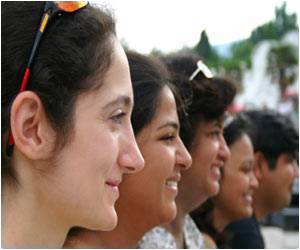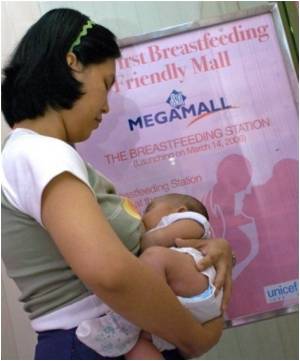WHO has recommended an intervention developed and tested by partners in four countries and UCL researchers to improve maternal and newborn health.

A meta-analysis of research into Participatory Women's Groups was conducted by Dr Audrey Prost and others, largely from UCL's Institute for Global Health, and appeared in The Lancet in May 2013. The researchers analysed data from seven cluster randomized controlled trials in Nepal, India, Bangladesh and Malawi. The analysis found that exposure to women's groups led to a 20 per cent reduction in neonatal mortality.
The researchers also found that in women's group initiatives that achieved high coverage – meaning that at least 30 per cent of pregnant women participated – there was a 49 per cent reduction in maternal mortality, and a 33 per cent reduction in neonatal mortality. With high coverage it was estimated that the deaths of 36,600 women and 283,000 children could be prevented.
In addition, the intervention was judged to be cost effective as measured by WHO standards, expressed as the incremental cost per neonatal death averted and life-year saved.
The World Health Organisation's global recommendation states that, "Implementation of community mobilization through facilitated participatory learning and action cycles with women's groups to improve maternal and newborn health is recommended, particularly in rural settings with low access to services". The WHO is set to disseminate the recommendation to its regional and country offices and key partners.
Dr Audrey Prost welcomed the WHO announcement: "The WHO recommendation acknowledges that creating a forum for women to come together, discuss and address problems that matter for their health and that of their infants can actually save lives. This intervention should be scaled up in areas with the highest maternal and neonatal mortality rates."
Advertisement
The recommendation will be made during the launch of the Every Newborn Action Plan in Johannesburg from 30th June – 1st July. "Every Newborn, an action plan to end preventable deaths", is a core group of partners led by UNICEF and the WHO which seeks to provide a roadmap to save 3 million lives of newborns, women and stillbirths each year.
Advertisement
Source-Eurekalert









